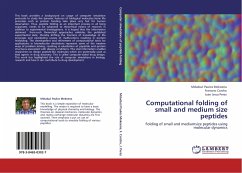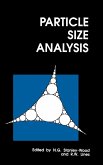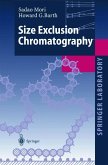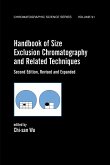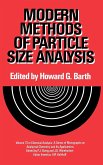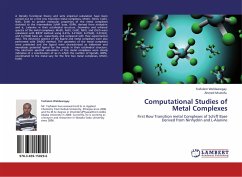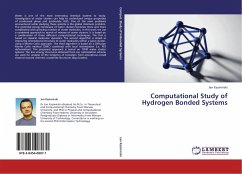This book provides a background on usage of computer simulation protocols to study the dynamic features of biological molecules.Some life processes such as protein fonding take place very fast for human observation. Thus, peptide folding as an important process in all living organisms, needs to be subjected to theoretical means of research in addition to experimental investigations. It is hoped that the information obtained from such theoretical approaches validates the published experimental data, thereby shifting the frontiers of knowledge of life processes and elucidating causes of mulfunctions resulting in protein misfolding. The development and refinement of computational tools for applications in biomolecular simulations represent some of the modern ways of problem solving, resulting in elucidation of pepetide and protein structures associated with disease conditions. This vital information enables researchers to design peptide-like molecules which are potentially used as lead agents in drug discovery. This is called computer-aided drug design. This work has highlighted the role of computer simulations in biology, research and how it can contribute to drug development.

